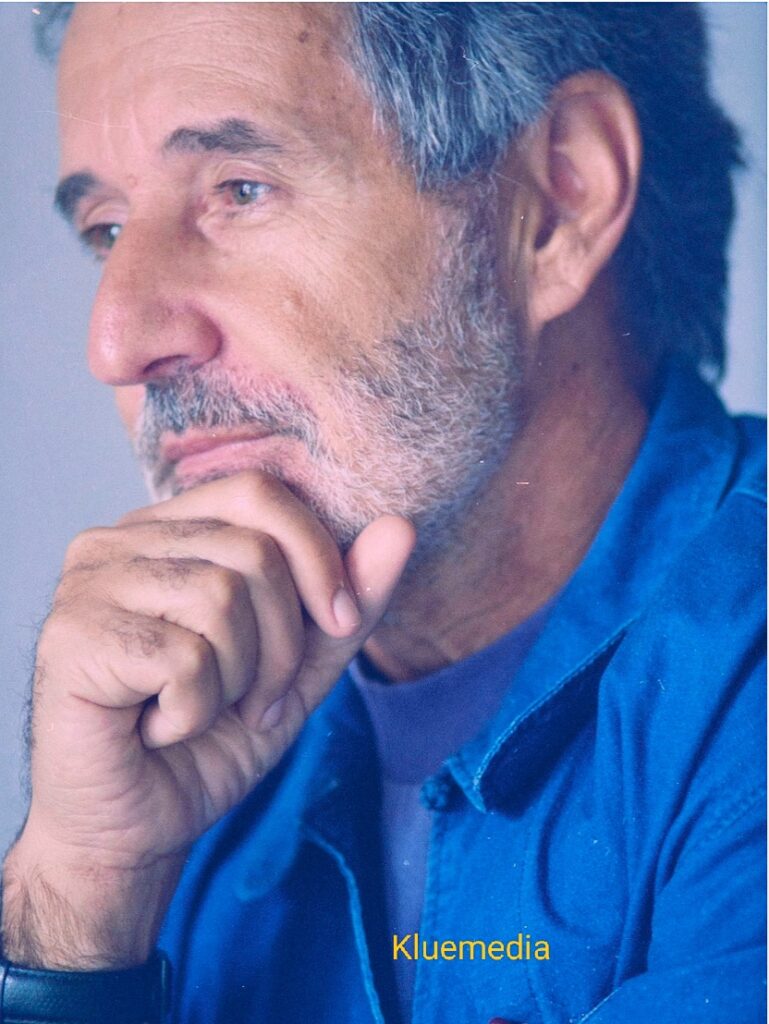
Breyten Breytenbach, the acclaimed South African writer, poet, and activist who became a powerful voice against apartheid, has passed away at the age of 85. His family confirmed that he died peacefully in his sleep in Paris, with his wife, Yolande Ngo Thi Hoang Lien, by his side.
Described by his family as “an immense artist,” Breytenbach was known for his unwavering commitment to justice and his militant opposition to apartheid, which he fought against throughout his life. His sharp intellect earned him global recognition, and even in the darkest days of apartheid, he was widely admired for his courage and moral clarity. The British satirical show Spitting Image famously called him “the only nice South African,” while former French education minister Jack Lang paid tribute on social media, calling him “a rebel with a tender heart” who was involved in “all the struggles for human rights.”
Breytenbach was born on 16 September 1939 in the Western Cape, South Africa, one of five children. A graduate of the University of Cape Town, he joined the Sestigers, a group of Afrikaans poets and writers who sought to celebrate the language while challenging the racist apartheid regime. Despite his love for Afrikaans, which was deeply tied to the Afrikaner identity, he rejected its association with apartheid policies. “I’d never reject Afrikaans as a language, but I reject it as part of the Afrikaner political identity,” he once explained in an interview with The New York Times.
Leaving South Africa in 1960, Breytenbach entered self-imposed exile, initially living in London before settling in France. He met Yolande there, and the couple’s attempt to return to South Africa was thwarted when Yolande was denied a visa due to the apartheid regime’s laws forbidding interracial marriage.
In 1975, Breytenbach returned to South Africa covertly to support anti-apartheid resistance groups. His efforts led to his arrest and imprisonment for terrorism, where he served seven years, including two years in solitary confinement. During his time in prison, Breytenbach continued to write, and his experience would later inspire his acclaimed novel The True Confessions of an Albino Terrorist.
After significant efforts from French President François Mitterrand, Breytenbach was released from prison in 1982 and subsequently became a French citizen. Despite his early activism against apartheid, he later became a vocal critic of the post-apartheid government, accusing the African National Congress (ANC) of corruption. His activism was not limited to South Africa; in 2002, he wrote an open letter to Israeli Prime Minister Ariel Sharon condemning Israel’s treatment of Palestinians.
Throughout his life, Breytenbach published over 50 books, many of which were translated into numerous languages. His work extended beyond literature into the visual arts, with surreal paintings that often explored themes of captivity and confinement. In recognition of his contributions to both art and literature, Breytenbach was awarded France’s highest cultural honor, the Knight of the Order of Arts and Letters.
Breytenbach is survived by his wife Yolande, their daughter Daphnée, and two grandsons. His legacy as a tireless advocate for justice, a passionate artist, and a fierce critic of injustice will continue to inspire future generations.

